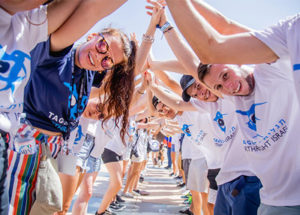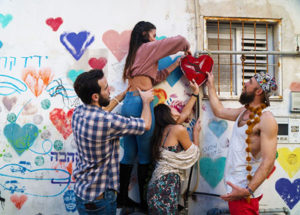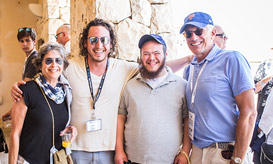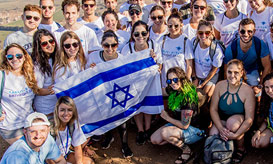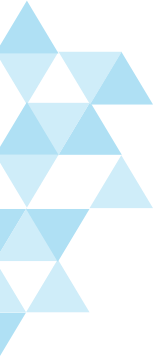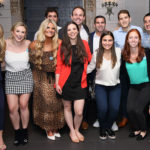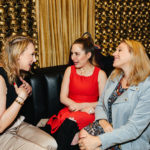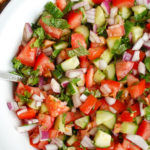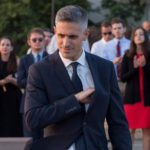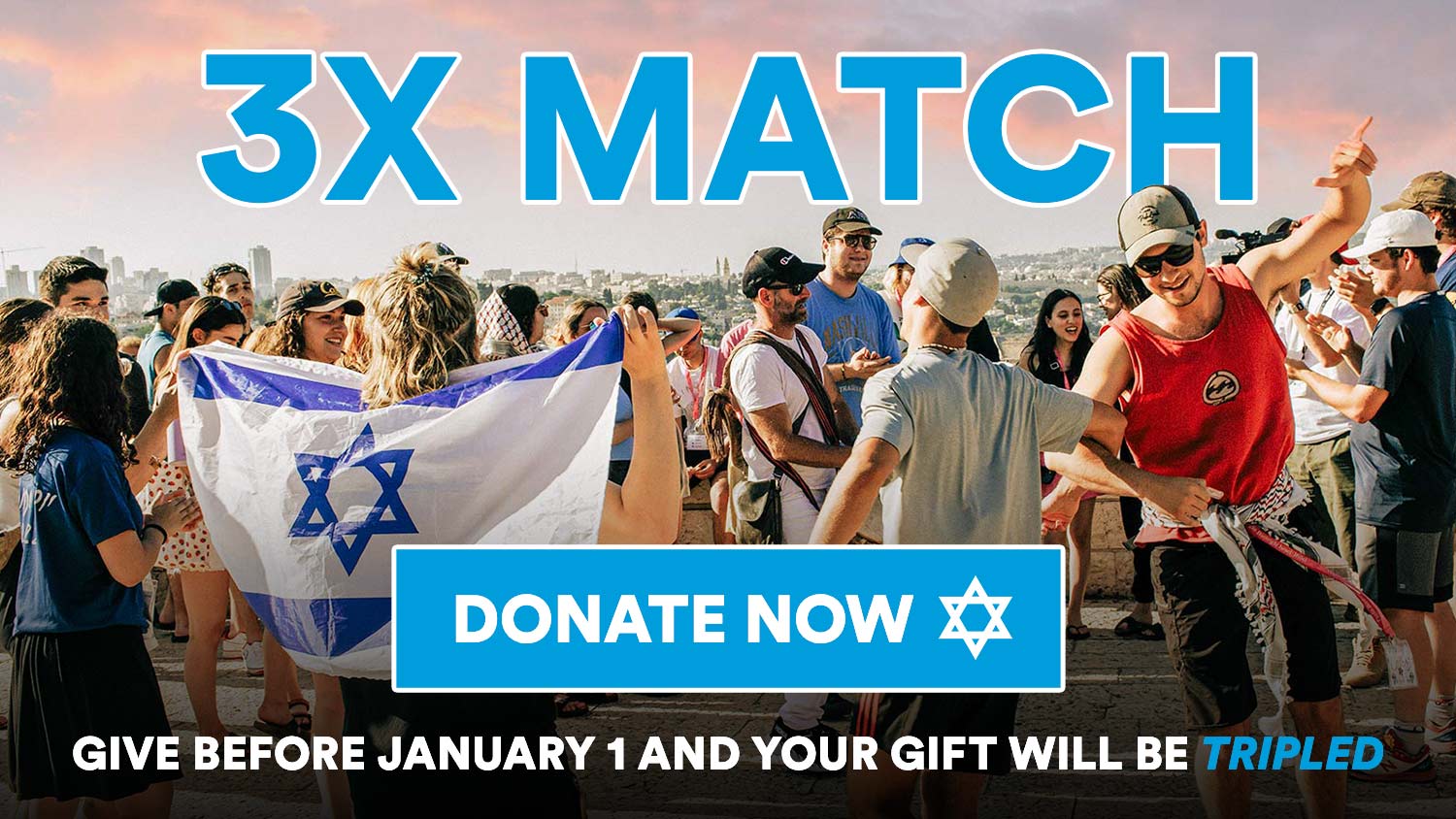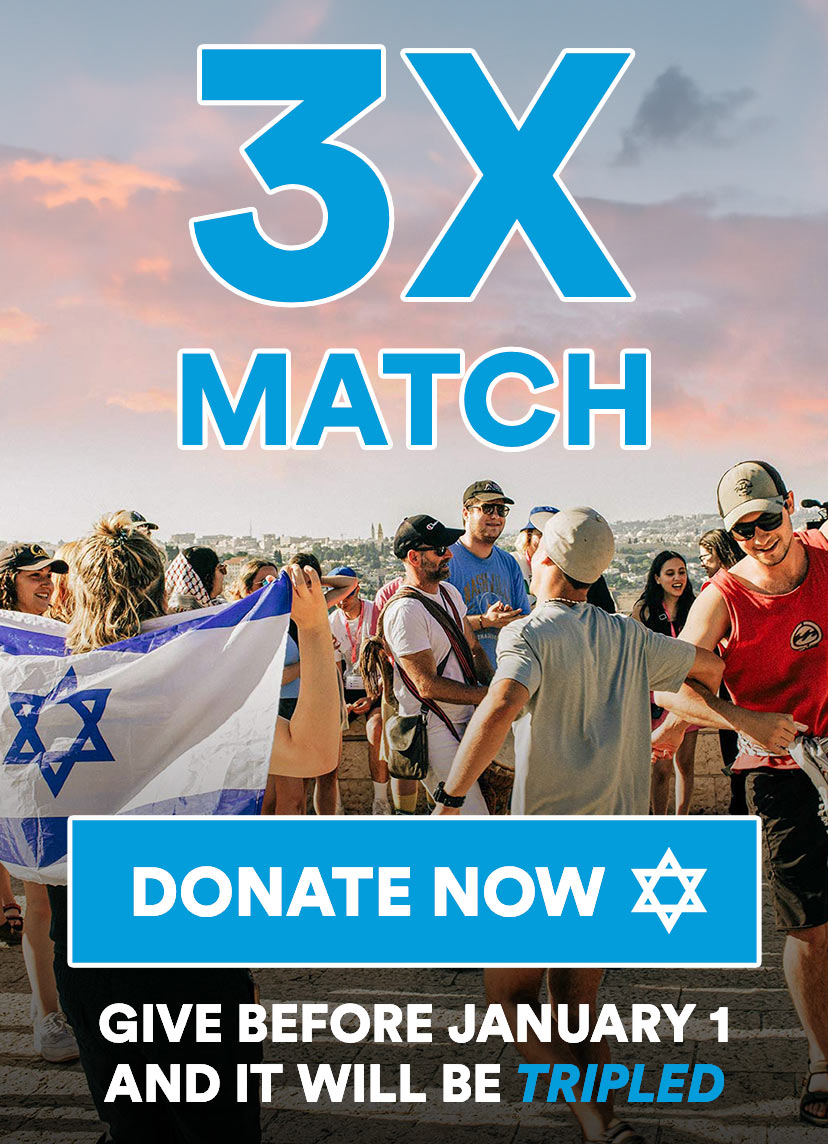On Wednesday, September 25, 2019 Birthright Israel Foundation and Birthright Israel Excel hosted over 150 alumni…
Curious about what draws a young Jewish adult to volunteer in Israel right now? In our interview below, we met Mollie Falk, who was eager to help Israel tangibly during this time. Mollie is a testament to the strength of the next generation.
Tell us what initially drew you to volunteer in Israel with humanitarian efforts. Did you have specific goals or hopes for how this experience would deepen your connection to your Jewish heritage and identity?
Mollie Falk: “I was sitting in my apartment in NYC when I found out about the atrocities that had unfolded and were unfolding in Israel. Within the next few days and weeks, I sent donations to numerous organizations, sent supplies where I could, and checked in with family and friends (some who had been called to reserve duty), but it still didn’t feel like enough. As the granddaughter of a Holocaust survivor, I wanted to help tangibly. When I heard about the Birthright Israel Onward volunteer program in early November, I immediately applied. Even though the timing of the first trip really wasn’t the best, I told myself I would figure it out. Though I didn’t specifically have goals or hopes to strengthen my already strong and heightened connection to my Jewish heritage and identity, this trip put a lot in perspective for me regarding what’s important and the kind of life I want to live.”
Reflecting on your time volunteering, how did the experience in Israel shape your understanding of Jewish values like Tikkun Olam?
Mollie Falk: “Throughout my life, I’ve always been big on volunteering, but I never specifically looked at it as Tikkun Olam. This trip, though, was Tikkun Olam, and with the volunteering I will do in the future, I want to be Tikkun Olam. Don’t get me wrong, I want to be involved in charity organizations, but the act of physically helping and meeting the people I am helping is very important to me!”
Did your firsthand experience of humanitarian work in Israel impact your perspective on the complexities of Israeli society and the global Jewish community?
Mollie Falk: “Israeli society is more complicated than people know. As a Jewish people, we need to come together and be there for each other. We are resilient. Heading to Tel Aviv, I had no idea what to expect, but despite the uncertainty, sadness, and anxiety, there was a push to move forward, fight, and live life to the fullest. When I told family, friends, and others about the farmers and builders who had lost all their workers, their initial and instinctive response was, “Oh, because people were called from the reserves.” I politely had to correct them. Most of the workers are from Southeast Asia and Palestinian, primarily from the West Bank. What people don’t realize is a lot went back to their home countries, especially Thailand, and the Palestinian workers cannot cross the borders, and their employers do not know when they will be able to due to the war and broken trust amongst the people. Farming isn’t the only industry affected. My cousin manages restoration projects that have all been paused due to a lack of labor.”
How do you envision this volunteer experience shaping your future engagement with Jewish life, Israel, and initiatives back in your home community?
Mollie Falk: “Prior to going on the trip, I wasn’t really sure how the experience would change or not change me. I think about my future engagement with Jewish life, Israel, and initiatives back home, and I want to get more involved. I had already been involved in FIDF, but I want to be more involved within the community and share my story from the trip. I want to volunteer more in person versus just supporting an organization and making sure I am visiting Israel every year or every other year.”
As you return to your life in the diaspora, what lasting impact do you expect this volunteer experience to have on your personal journey as a Jewish individual?
Mollie Falk: “While I never lost my connection to the Jewish homeland and have always felt a strong personal connection to Judaism, being back after five years rejuvenated my love for the country itself and the local people. I had felt the urge to go and help, but meeting the people I was, directly and indirectly, helping make it that much more special.”

